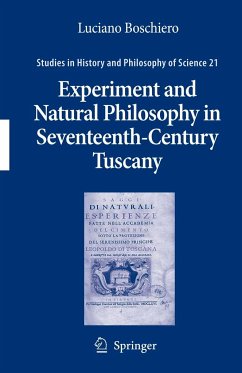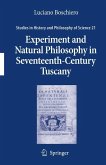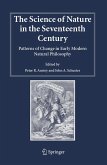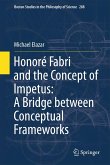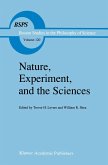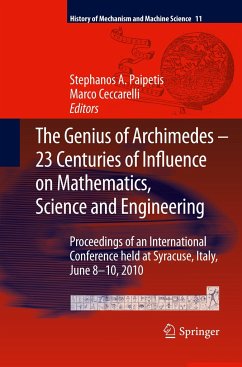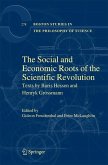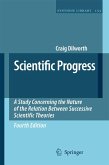The aim of this book is to explore and understand the activities undertaken by the Florentine Accademia del Cimento, one of Europe's first scientific societies. The Cimento operated for ten years, between 1657 and 1667, and during that time performed many experiments and observations in physics and astronomy, rivalling the achievements of the Royal Society of London and the Parisian Acadèmie Royale des Sciences. This book will attempt to sift through the ava- able primary evidence, as well as secondary accounts of the Cimento's activities, in order to examine the intellectual concerns that the individual academicians acquired throughout their careers and that they pursued while carrying out and interpreting their experiments for the Cimento and the Tuscan Court. Those interests will also shed some light on the ways in which the academicians performed and used experiments. Inspired by Galileo's success with experiments and instruments during the first half of the seventeenth century, the Cimento academicians developed an experimentalist approach to their natural inquiry that attempted to eliminate any dependence on theoretical presuppositions and preconceptions. The group's p- ported aim was to rely solely on the senses to accumulate knowledge of nature. This experimental philosophy framed the way in which historians have since viewed the Cimento's practices.

